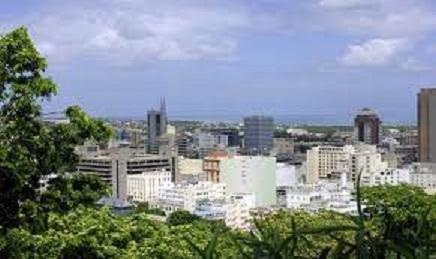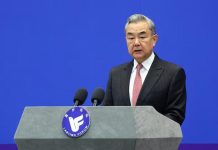Africa-Press – Mauritius. The country will need some Rs 160 billion over the next ten years to restructure its economy – as planned in the last budget. There is no doubt that there is no possibility for the country to get out of its difficulties if it does not benefit from financial help.
All backers who have been made aware of our programme so far have expressed approval of it. But we now have to implement the reforms. The more time we take, the longer it will be before we obtain results.
We have to stop dilly-dallying over possible solutions and rather concentrate on the implementation of the reforms,” said the minister of Finance, Rama Sithanen, at a press conference last Saturday. Hence, it appears that the main problem is not really to obtain the money but to start showing potential partners that things are changing.
The example of the transport problem is mentioned to explain that development institutions agree to give Rs 10 billion but that the government has not been able to take a final decision on the package of measures to solve the problem of road congestion.
If potential financial backers see that the reforms are starting to be implemented, they may feel more confident about giving their help to a country that means business. Because, with no help during the transition period, it is clear that the reforms are doomed to failure.
This is why the minister of Finance introduced a first draft of his Country Strategy Paper (CSP) in view of the 10th European Development Fund on Saturday in the presence of the head of the European Union (EU) delegation, Claudia Wiedley-Nippold.
The document is aimed at presenting the different forms of EU grants to Mauritius between 2008 and 2013. Urgent application Rama Sithanen made it clear that Mauritius was expecting funds to be granted prior to the implementation of the reforms – so as to have the means to execute them.
He also insisted on the urgency of the application of these reforms. The CSP points out the main sectors where reform appears as a must – tax, competitiveness of exports, improvement of investment, social inclusion and democratisation of the economy.
The CSP also includes the restructuring of the sugar industry submitted to the EU in view of the 36% drop in the sugar export prices. The 10th European Development Fund involves two different types of grants: the initial part and the “incentive” part.
It seems Mauritius could be eligible for both sections. The country expects some Rs 36.6 million (Rs 1.5 billion) from the first part. As for the second one, Mauritius could also benefit from grants but it will first have to show that it abides by certain rules of good governance.
The attorney general, Rama Valayden, pointed out the initiatives by the government to increase the level of social and political governance in the country.
The reforms in the judicial sector and the fight against corruption are good examples of the government’s desire to achieve more transparency until the major new acts go through Parliament soon – namely the Equal Opportunities Act and the Freedom of Information Act.
According to the first reaction of the EU representative, Mauritius seems to be in a good position to obtain the expected grants. . .
The IMF urges the country to be quick. . . In a report on the economic situation in Mauritius, the International Monetary Fund (IMF) urges the country to take rapid steps to implement the budgetary reforms.
Even though it agrees with the abrupt change in the economic policy of the country, the institution believes the reforms will not be worthwhile if they are not implemented rapidly.
“We are encouraged by the desire to reform the system in the highest level of the government,” states the report.
The IMF made it clear that any hesitation about applying the reform included in the budget would make the quest for grants more difficult under the Aid for Trade programme.
The Mauritian authorities take this report very seriously, as the comments of IMF experts on the reforms will be taken into consideration by the international financing institutions – on whom Mauritius relies to finance its projects.
For More News And Analysis About Mauritius Follow Africa-Press







